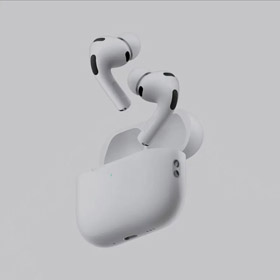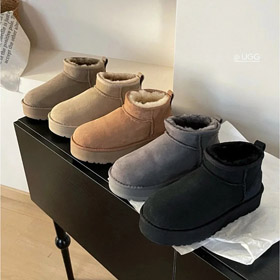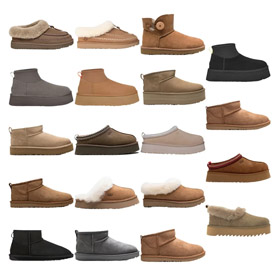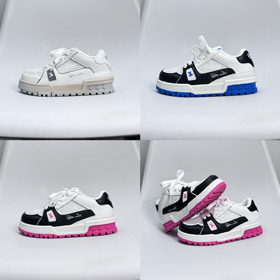Global resale platforms employ various strategies to establish partnerships with luxury brands such as Hermès, Chanel, Louis Vuitton, Gucci, and Prada, as well as their authorized distributors. The dynamics of these business relationships significantly impact product availability, pricing structures, and ultimately, the customer shopping experience.
Brand Selection Criteria for Resale Partners
Luxury houses meticulously evaluate potential e-commerce partners based on three key factors:
- Market Reputation:
- Marketing Proficiency:
- Sales Performance:
- Marketing Proficiency:
Value Propositions from Resellers
Successful resale platforms differentiate themselves by offering:
- Guaranteed inventory purchases at negotiated volumes
- Express logistics networks ensuring 48-72 hour global delivery
- White-glove concierge services including authentication and aftercare
- Data-driven sales analytics for demand forecasting
- Advanced security protocols against counterfeit products
These operational capacities help build trust with copyright holders despite the indirect distribution model.
Consumer Impact
Well-established brand-reseller collaborations benefit end buyers through:
- 10-30% pricing advantages versus retail boutiques
- Previously allocated/sold-out merchandise availability
- Seamless cross-border purchasing including customs clearance
- Multi-year service warranties honoring original brand terms
The most sophisticated partnerships now integrate real-time inventory systems with brand headquarters, creating virtual showrooms for limited edition pieces.



















